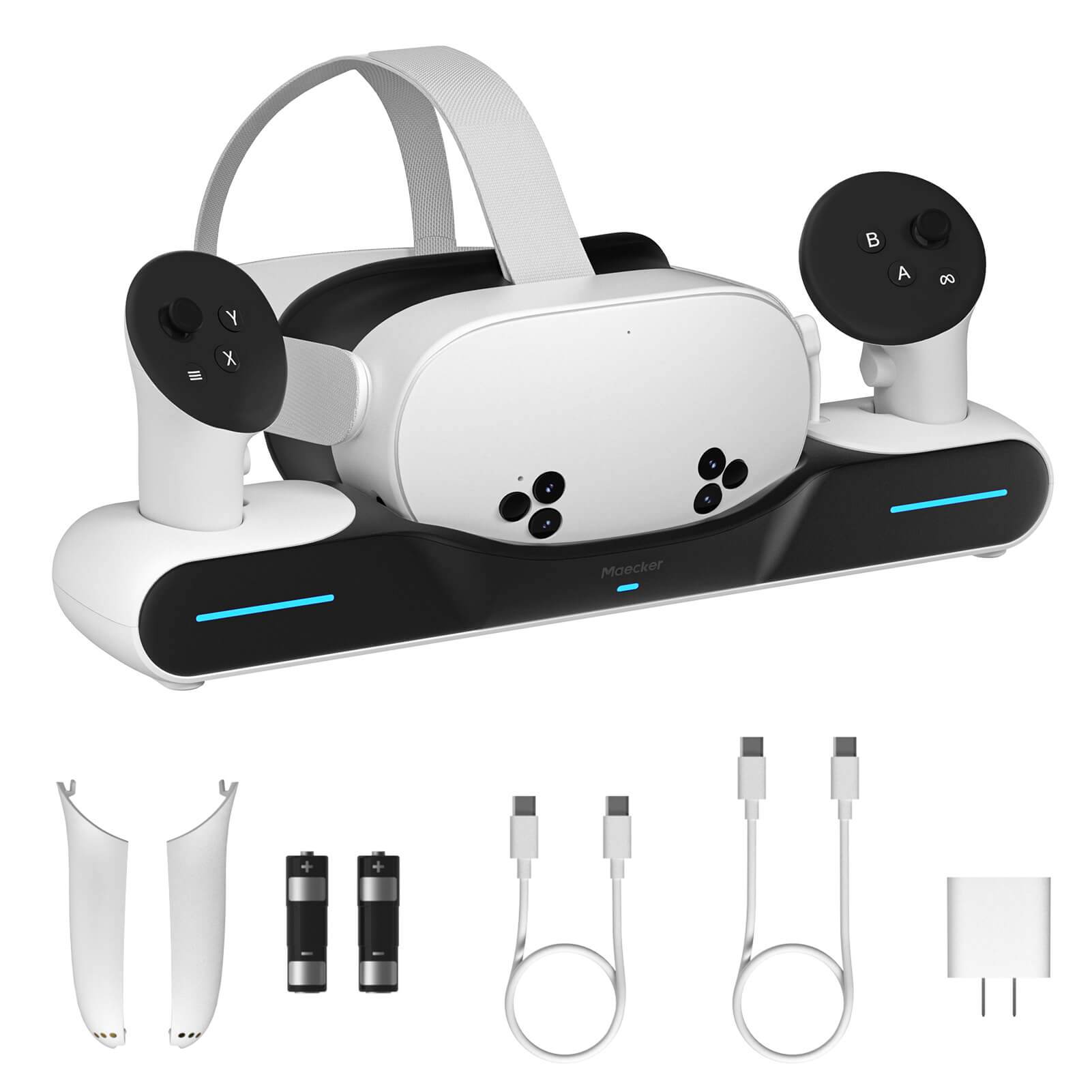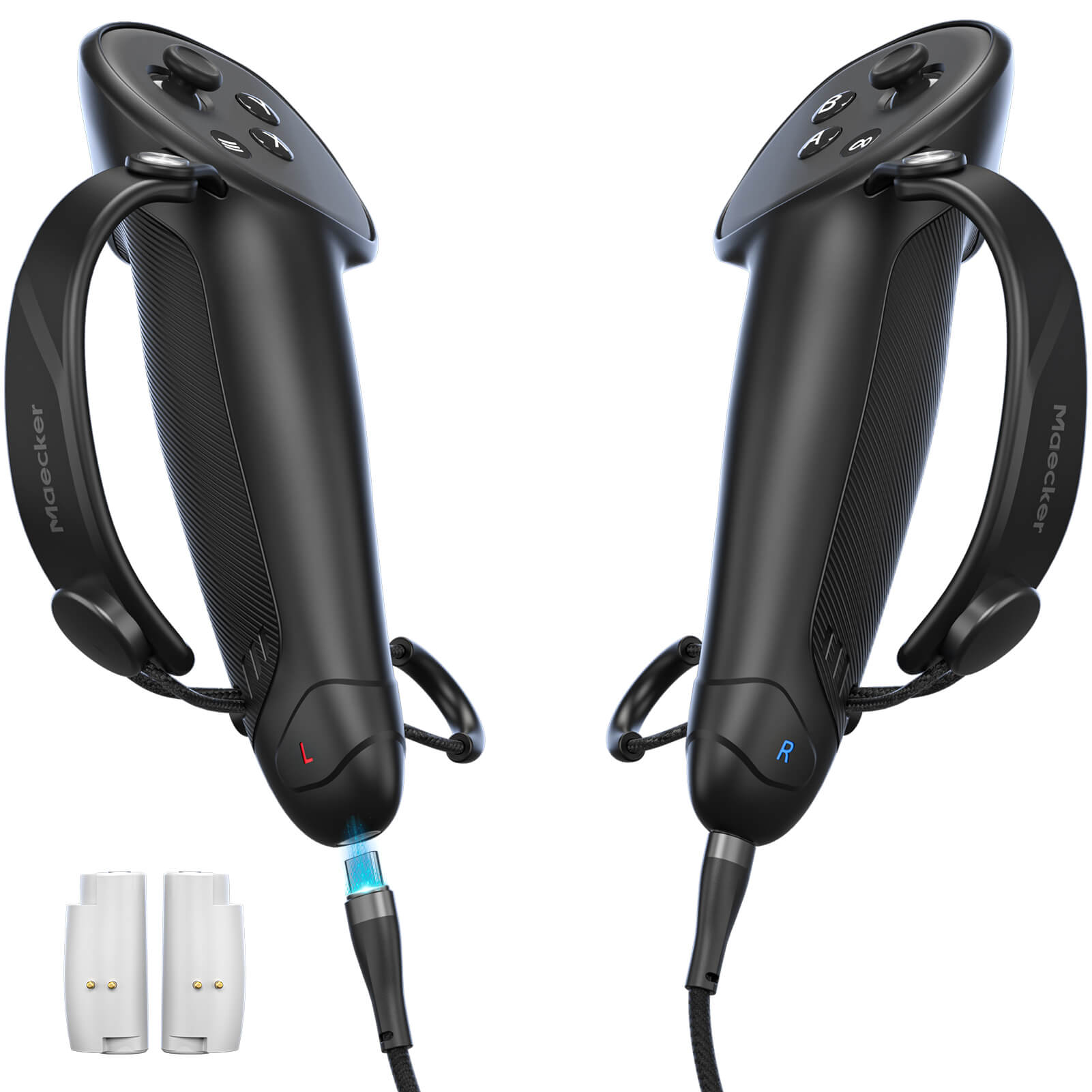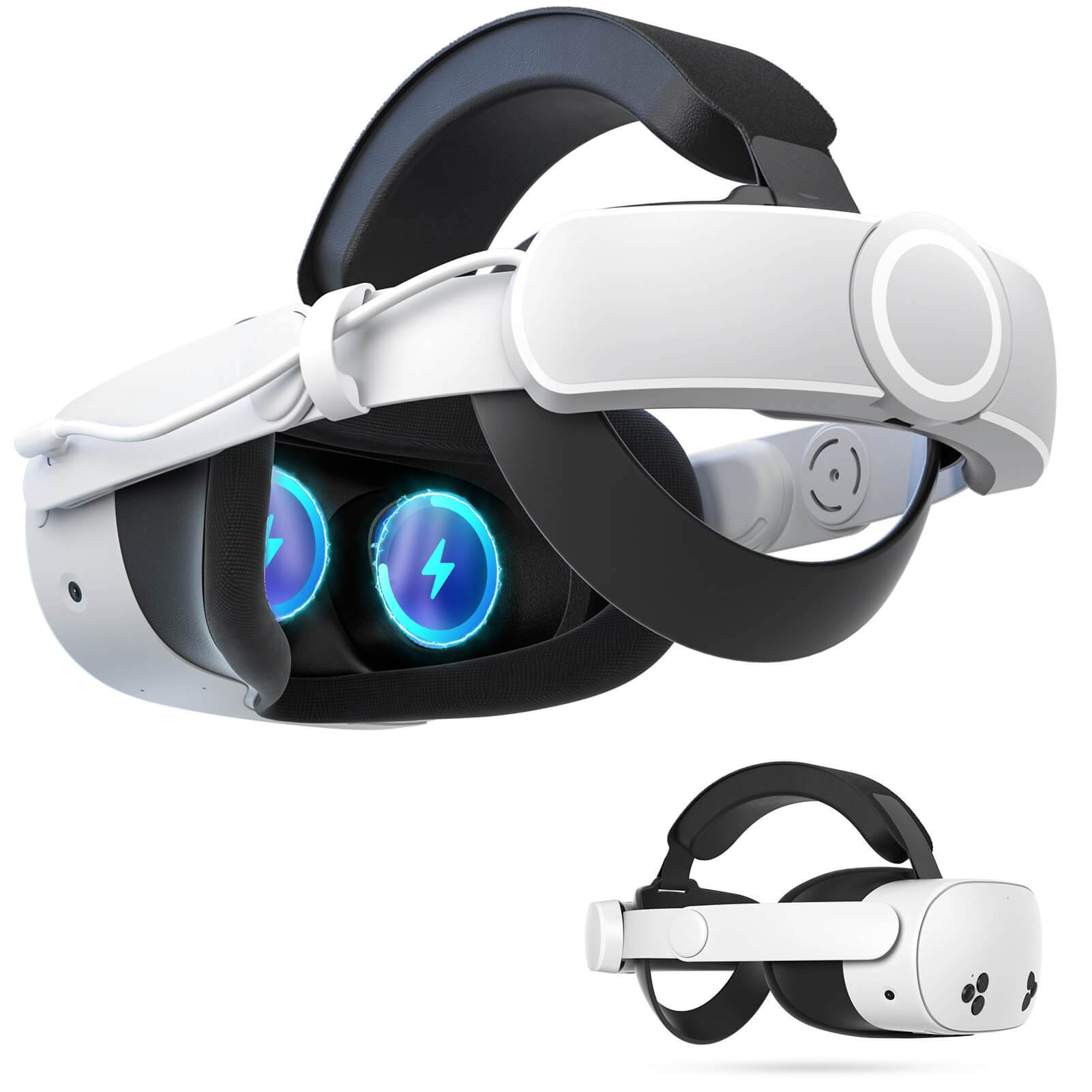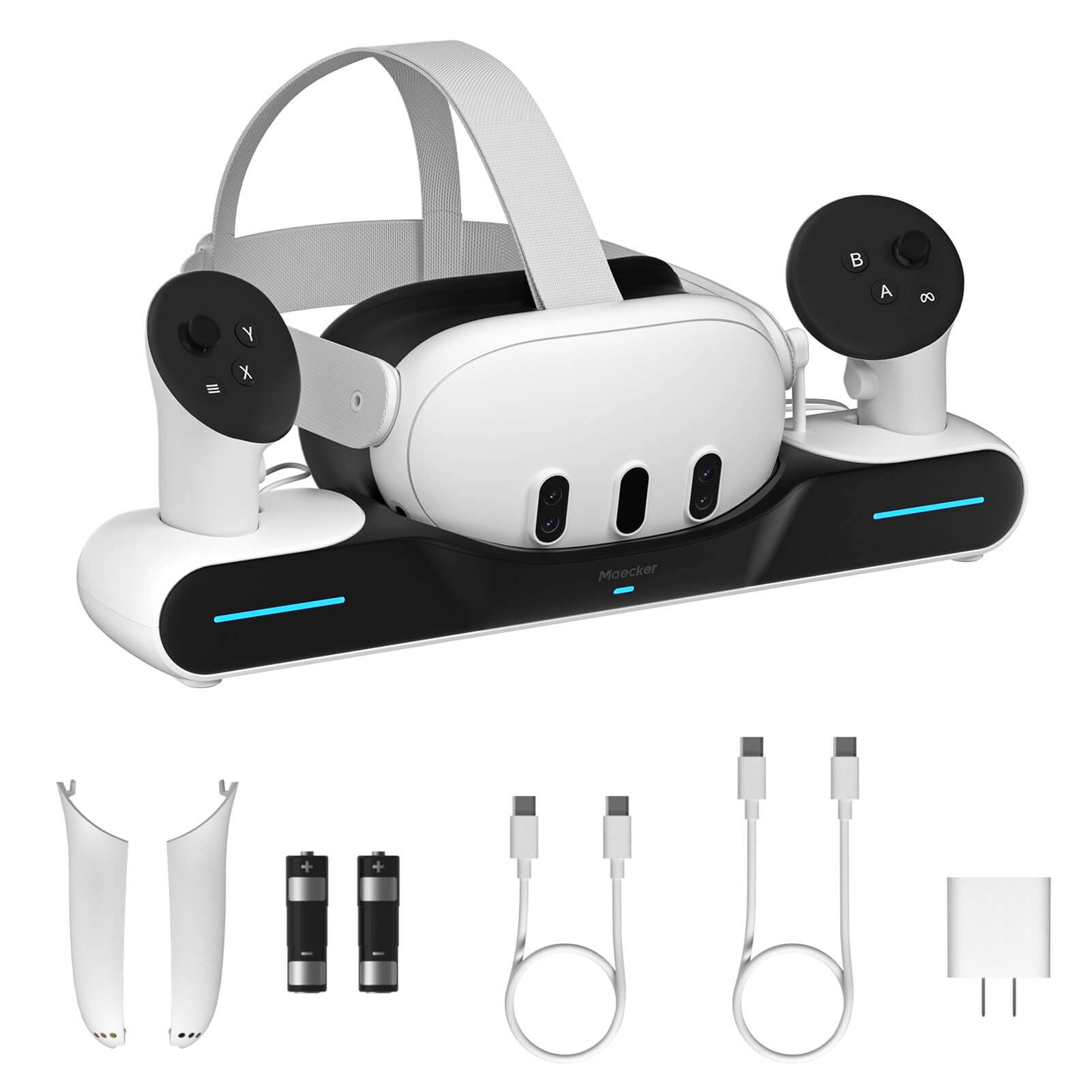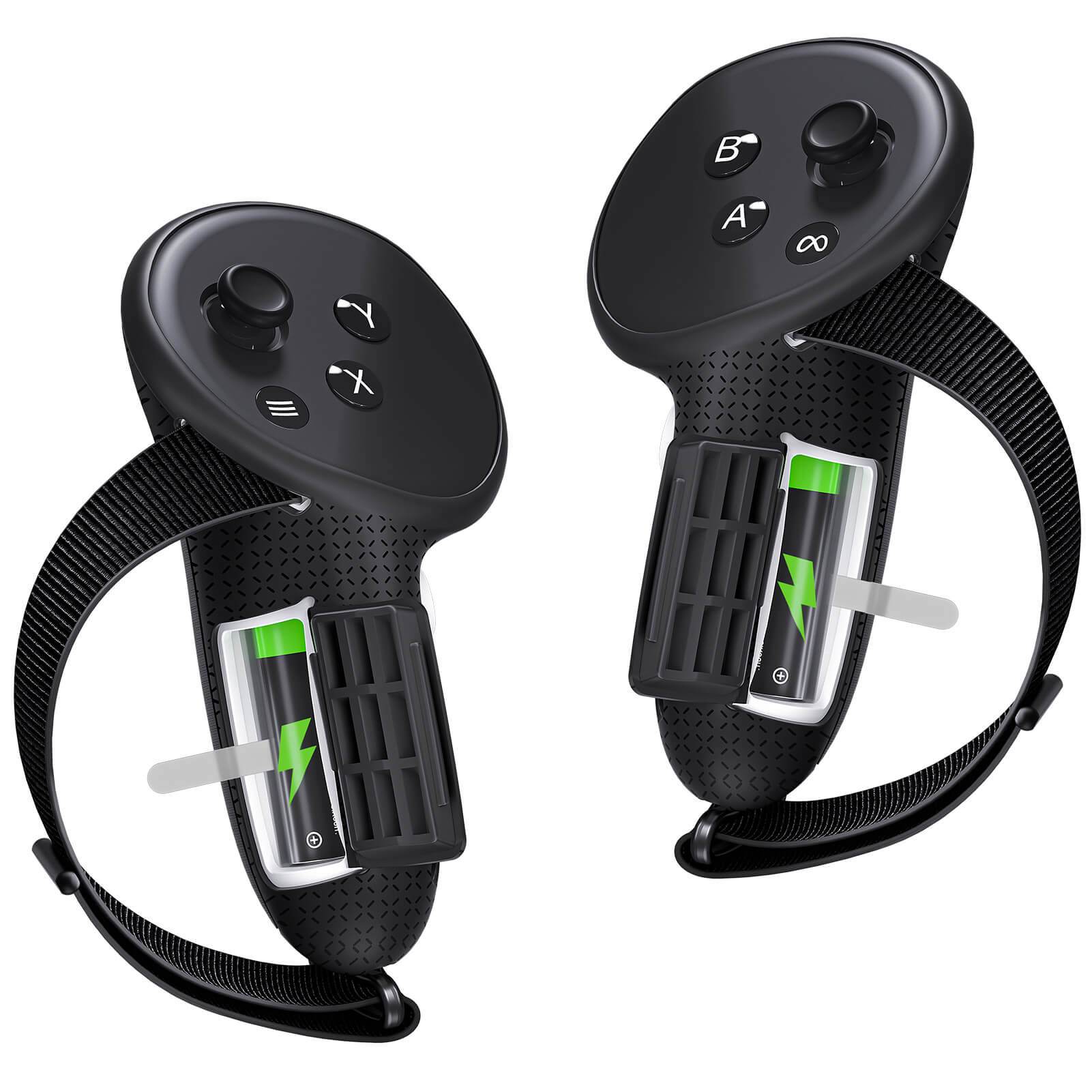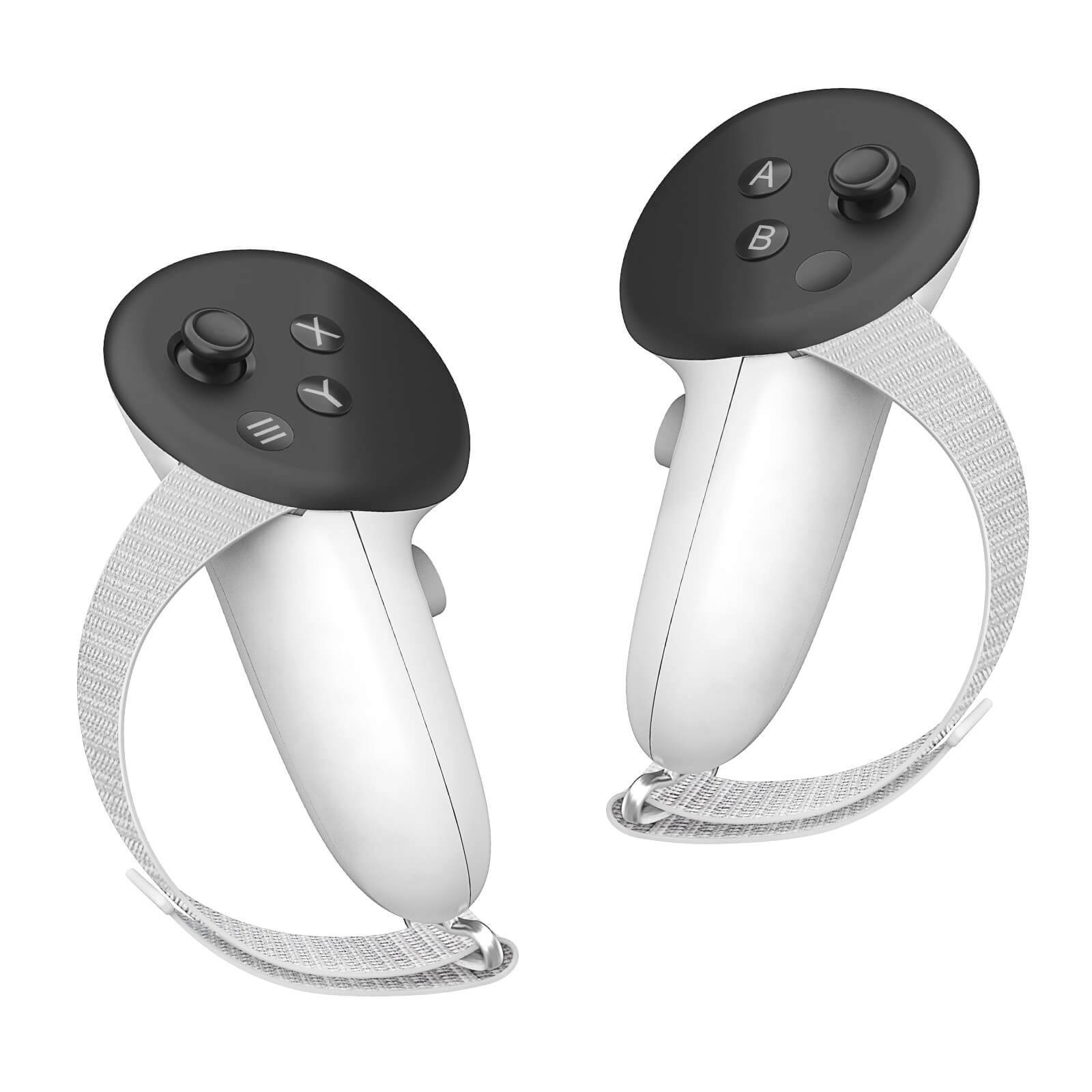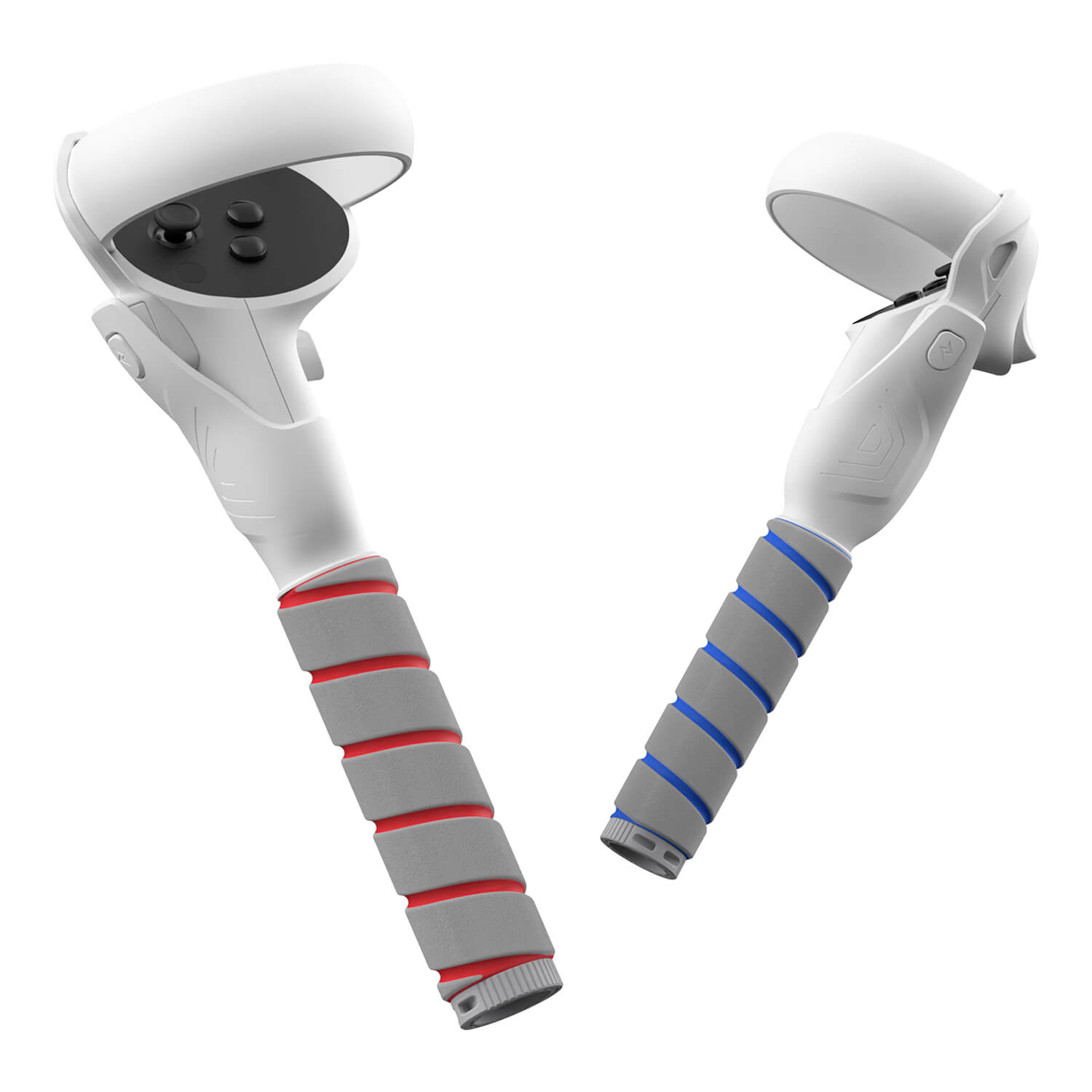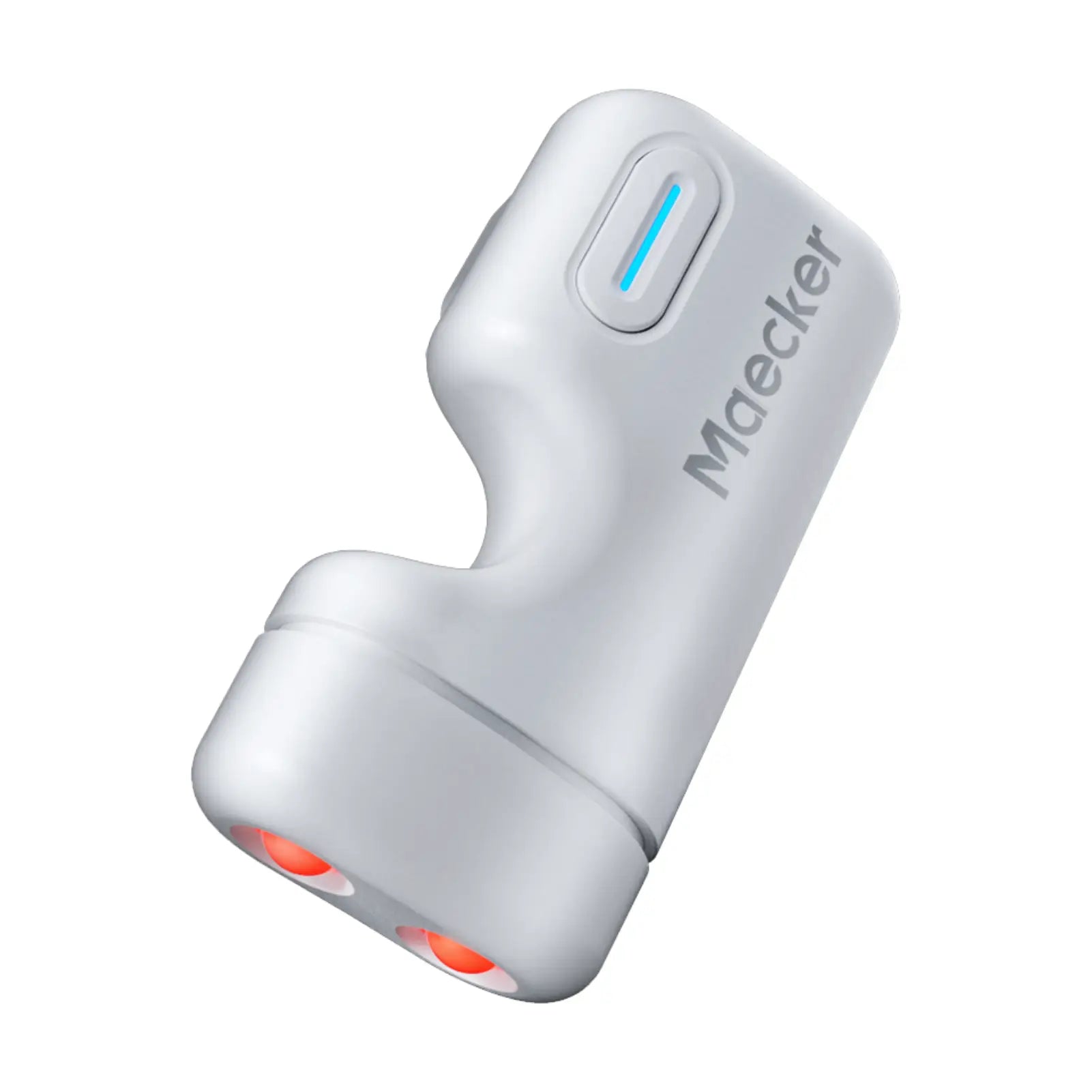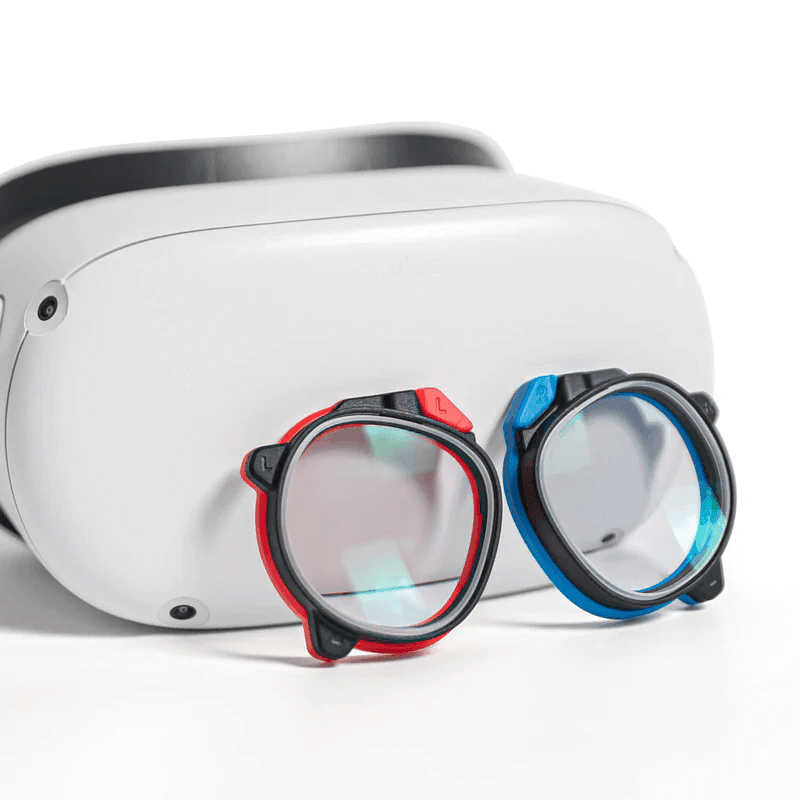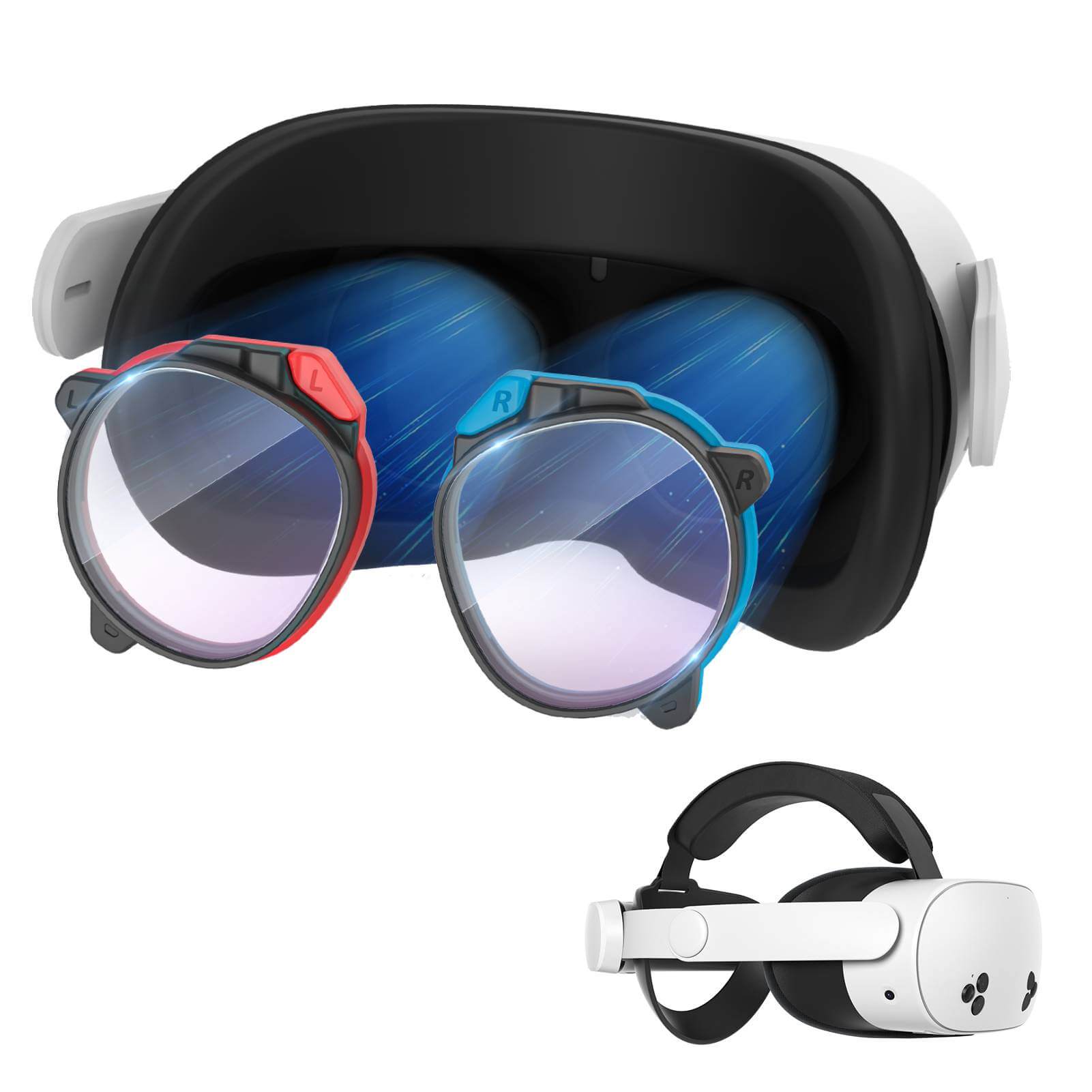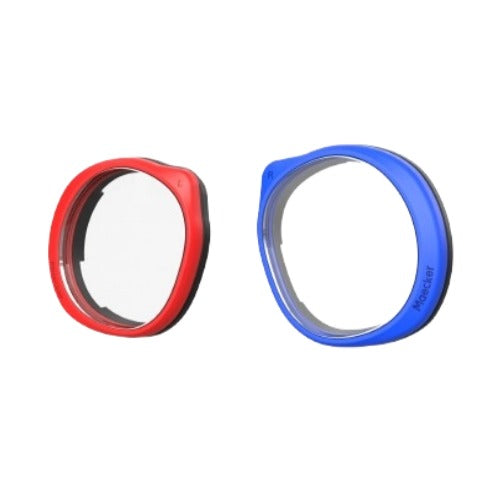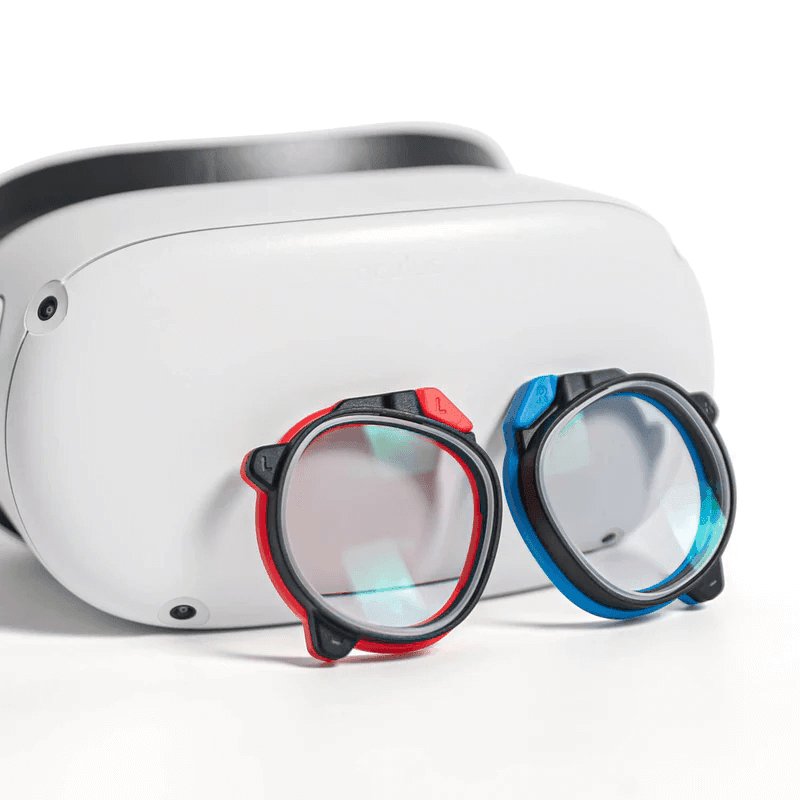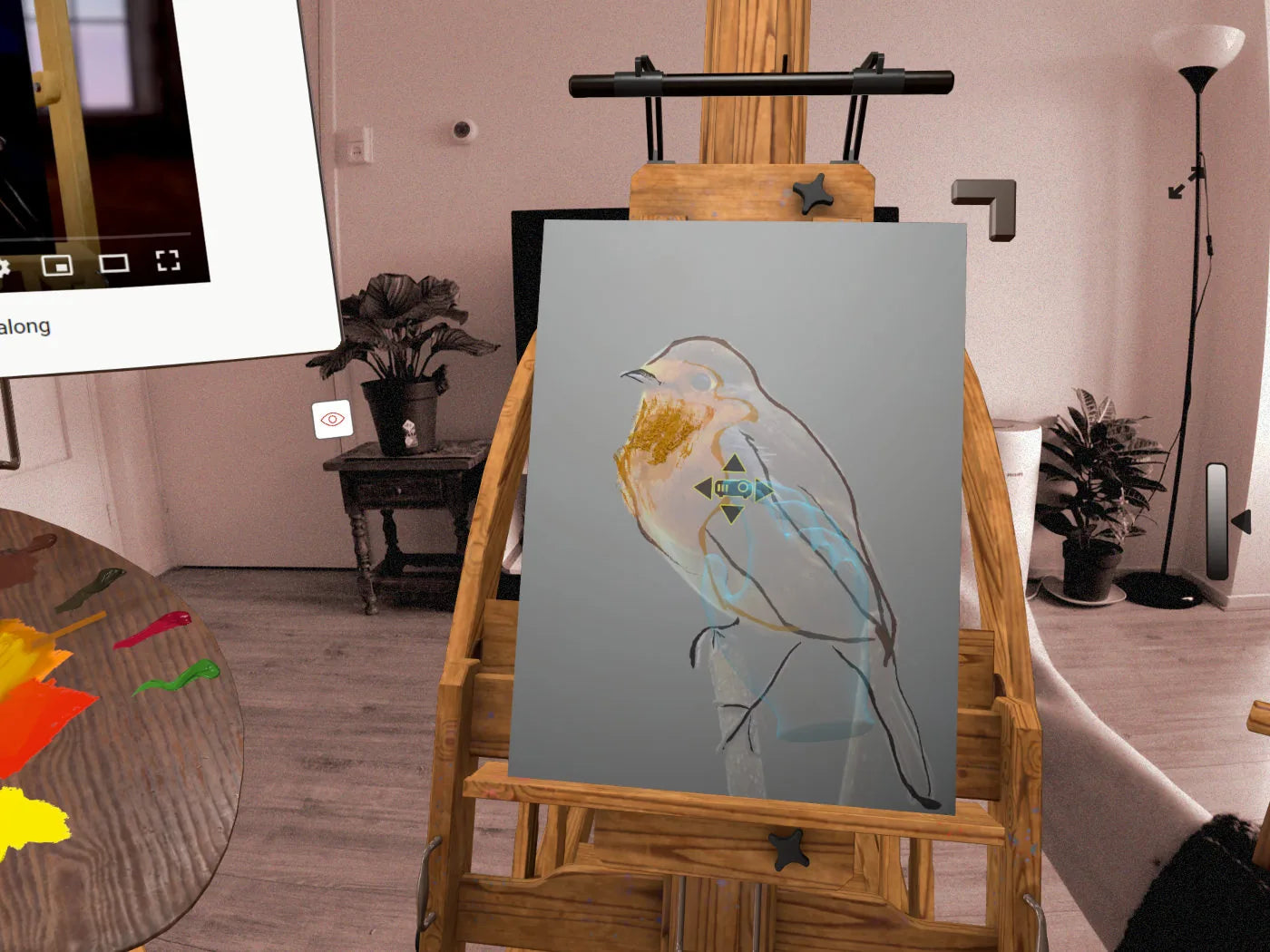El gran paso de Meta: de App Lab a Horizon Store
En agosto de 2024, Meta dejará oficialmente de usar App Lab como categoría independiente y migrará todo su contenido a Meta Horizon Store. Este cambio estratégico marca una nueva era para los desarrolladores y usuarios de VR, prometiendo mayor visibilidad, pero también presentando nuevos desafíos. Tanto si eres un desarrollador que prepara su app para la transición como un jugador con ganas de descubrir nuevas experiencias, esto es lo que necesitas saber.
Por qué esto importa
Anteriormente, las aplicaciones de App Lab se encontraban en un rincón semi-oculto del ecosistema Meta. No se podían buscar fácilmente en la Quest Store a menos que los usuarios tuvieran un enlace directo. Esto impedía el descubrimiento de muchas experiencias de RV prometedoras. Ahora, con esta migración, todo el contenido de App Lab pasará a formar parte de la Horizon Store principal, lo que lo hará mucho más visible para los usuarios que navegan o buscan dentro del ecosistema .
Pero este cambio no es solo estético. Meta exige que todas las aplicaciones migradas superen las Pruebas de Realidad Virtual (VRC), un conjunto de estándares de rendimiento, comodidad, privacidad y experiencia de usuario. Esto significa que las expectativas de calidad están aumentando y los desarrolladores deben mejorar su rendimiento.
Las ventajas: mayor descubrimiento, más oportunidades
Una de las mayores quejas sobre App Lab siempre ha sido la dificultad de descubrimiento. Los desarrolladores invertían pasión y creatividad en sus proyectos, solo para que estos quedaran sepultados a menos que se autopromocionaran. Ahora, estas aplicaciones se presentarán junto a lanzamientos de alto perfil en la Horizon Store, lo que podría abrir las puertas a un público más amplio.
Esta es una excelente noticia, especialmente para los desarrolladores independientes. Equilibra las condiciones: ya no es necesario el respaldo de un gran estudio o editorial. Si tu aplicación cumple con los estándares de VRC y ofrece algo valioso, tiene buenas posibilidades de éxito.
En Maecker, consideramos esto una victoria para toda la comunidad de RV. Nuestros productos, como nuestra correa de cabeza con batería para Meta Quest 3/3S , están diseñados para ofrecer una experiencia de juego prolongada, lo que ayuda a los usuarios a disfrutar al máximo de sus juegos de RV favoritos, incluyendo las joyas ocultas de App Lab. A medida que se hace visible una mayor diversidad de contenido, los accesorios que mejoran la comodidad, la potencia y el control se vuelven aún más esenciales.
Las desventajas: un listón más alto y mayor complejidad
Sin embargo, la transición no está exenta de inconvenientes. Los desarrolladores ahora deben cumplir estándares más estrictos, actualizar metadatos y crear recursos de alta calidad como tráilers, capturas de pantalla y etiquetas de categoría. Estas tareas requieren tiempo, presupuesto y, en ocasiones, ayuda externa.
Otra preocupación es la saturación de la tienda. A medida que todas las aplicaciones de App Lab inundan la Horizon Store, el control de calidad se vuelve más difícil. Si bien los requisitos de VRC de Meta ayudan, los usuarios aún podrían tener dificultades para filtrar el volumen y encontrar lo que realmente buscan. También existe el temor de que las aplicaciones independientes se pierdan en un mar de títulos más grandes y mejor financiados.
Aun así, los desarrolladores pueden mitigar esto etiquetando las aplicaciones como "Acceso Anticipado", lo que indica a los usuarios que la aplicación sigue evolucionando. Es una decisión inteligente para mantener la visibilidad mientras se continúa el desarrollo.
Cómo deben prepararse los desarrolladores
Si eres desarrollador, aquí hay algunas cosas que debes hacer antes de la fecha límite del 5 de agosto:
- Cumpla todos los requisitos de VRC: asegúrese de que su aplicación esté optimizada para el rendimiento, no provoque náuseas y respete la privacidad del usuario.
- Actualice los activos de su tienda: incluya un título elegante, una descripción clara, capturas de pantalla profesionales y un tráiler si es posible.
- Agregue metadatos adecuados: esto incluye etiquetas, calificaciones de comodidad, categorías y tipos de entrada admitidos.
- Decide la visibilidad: elige entre lanzamiento público, acceso anticipado o pruebas privadas a través de canales de lanzamiento.
Hacerlo bien es fundamental, no solo para el lanzamiento, sino también para la retención de usuarios a largo plazo y las calificaciones de las reseñas.
Lo que esto significa para los jugadores
Si eres jugador de RV, prepárate para una explosión de contenido. Desde títulos indie experimentales hasta futuros éxitos perfeccionados, la Horizon Store se volverá mucho más interesante. Sin embargo, ten en cuenta que no todas las aplicaciones estarán perfeccionadas. Buscar etiquetas de acceso anticipado y leer reseñas será aún más importante.
Este también es el momento de invertir en hardware que mejore tu experiencia de realidad virtual. En Maecker , diseñamos accesorios que elevan la inmersión, ya sea una correa para la cabeza que equilibra tus gafas, agarres para el mando para mayor precisión o luces infrarrojas que amplían tu espacio de seguimiento. Con más aplicaciones en camino, una mejor configuración significa mejor experiencia.
Un paso hacia un ecosistema de realidad virtual más rico
La transición de Meta de App Lab a Horizon Store es más que una simple actualización interna: es una señal de que el ecosistema de realidad virtual está madurando. Los desarrolladores ahora tienen un camino más claro hacia el éxito y los usuarios acceden a una mayor variedad de contenido. Pero una mayor exposición conlleva una mayor responsabilidad.
Para los desarrolladores, es hora de perfeccionar sus aplicaciones y asegurarse de que estén listas para competir. Para los usuarios, esta es una oportunidad única para descubrir y apoyar el próximo gran avance en realidad virtual. Y para empresas como Maecker, esta evolución solo confirma lo que siempre hemos creído: el contenido inmersivo merece un hardware igualmente inmersivo.
Reflexiones finales
A medida que se difuminan las fronteras entre el contenido experimental y el convencional, el panorama de la realidad virtual se perfila para un crecimiento increíble. La migración a App Lab es solo el comienzo. Aprovechémosla: con mejores herramientas, mejor contenido y mejores formas de jugar.
¿Buscas mejorar tu experiencia de realidad virtual? Explora la gama completa de accesorios Meta Quest de Maecker, diseñados para potenciar tu juego y tu comodidad.

